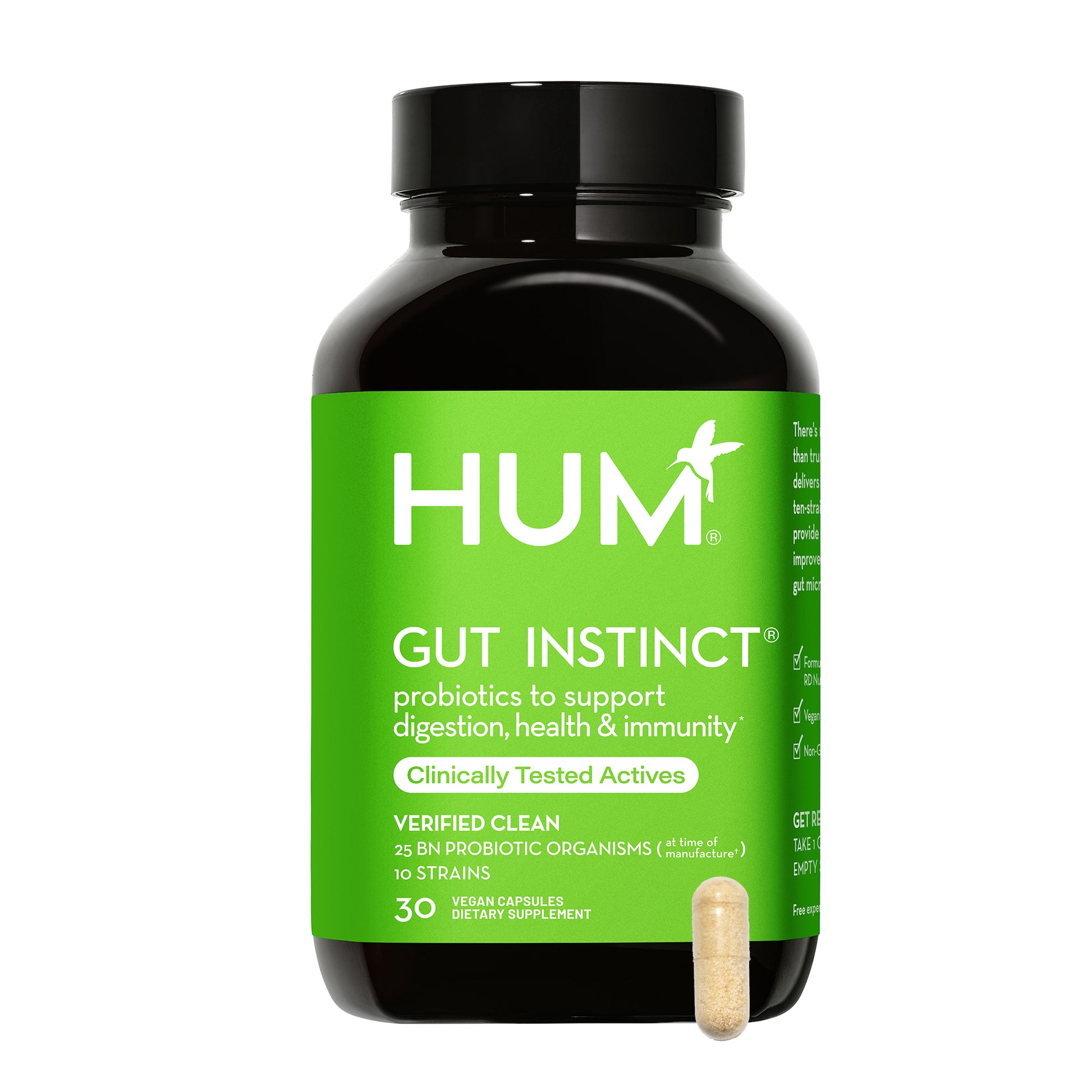How a Gut Health Supplement Can Improve Your Gut and Boost Immunity
How a Gut Health Supplement Can Improve Your Gut and Boost Immunity
Blog Article
Discover the Secret to Food Digestion and Resistance With Intestine Wellness Assistance

Comprehending Digestive Tract Health And Wellness
Comprehending digestive tract health is vital for general well-being, as it plays a significant function in food digestion, resistance, and even mental health. The intestine, comprising the stomach system, is responsible for breaking down food, soaking up nutrients, and getting rid of waste. A well balanced gut atmosphere makes sure reliable digestion, enabling the body to use nutrients properly.
Furthermore, gut health and wellness substantially impacts the immune system. The intestine houses a substantial section of the body's immune cells, and a healthy intestine can help repel microorganisms and reduce swelling. Interruptions in digestive tract health can cause an over active immune response, potentially adding to autoimmune problems and allergies.
Furthermore, the digestive tract is usually described as the "second brain" due to the gut-brain axis, a complicated communication network connecting the intestine and the brain. This link affects mood, cognition, and psychological wellness. Concerns such as dysbiosis, characterized by a discrepancy in digestive tract microorganisms, have been associated with psychological health conditions, including anxiety and depression.
The Digestive Tract Microbiome Explained

The intestine microbiome, a varied community of microbes residing in the gastrointestinal tract, plays a critical function in preserving gastrointestinal health and wellness and total wellness. Making up trillions of bacteria, viruses, fungis, and other microorganisms, this complex ecosystem help in the digestion of food, the synthesis of important nutrients, and the policy of metabolic processes.
Each person's digestive tract microbiome is one-of-a-kind, affected by variables such as diet regimen, way of life, genes, and ecological exposures. A well balanced microbiome supports optimum food digestion by breaking down complicated carbohydrates, generating short-chain fatty acids, and assisting in the absorption of nutrients. Alternatively, an imbalance, typically referred to as dysbiosis, can lead to digestive conditions, including short-tempered bowel syndrome (IBS) and inflammatory digestive tract illness (IBD)
Study has actually shown that a diverse microbiome is associated with better health and wellness end results, highlighting the value of dietary selections in supporting these microbes. Foods abundant in fiber, probiotics, and prebiotics, such as fruits, veggies, and fermented products, can promote a healthy and balanced microbiome. Comprehending the gut microbiome is crucial for developing targeted treatments targeted at enhancing digestive health and avoiding stomach illness.

Link Between Digestion and Immunity
A durable link exists in between digestion and resistance, highlighting the critical function of the digestive tract in keeping overall health. The stomach tract is home to trillions of bacteria that create the gut microbiome, which significantly affects both digestive processes and immune reactions. This facility ecosystem aids in damaging down food, soaking up nutrients, and supplying crucial metabolites that sustain immune function.
When food digestion is effective, the gut obstacle remains intact, stopping harmful microorganisms from getting in the blood stream (gut health supplement). Conversely, inadequate digestion can cause an inequality in the microbiome, causing dysbiosis, which has been linked to various health concerns, including autoimmune illness and inflammatory conditions. In addition, approximately 70% of the immune system resides in the gut-associated lymphoid tissue (GALT), which connects closely with the digestive tract microbiome. This interplay ensures that the immune system can successfully identify between hazardous and valuable materials.
Tips for Sustaining Digestive Tract Health
Sustaining gut wellness is crucial for maintaining both digestive system efficiency and a well-functioning body immune system. To cultivate optimum digestive tract health, consider including several sensible approaches into your day-to-day read routine.
First, focus on hydration. Consuming alcohol sufficient water supports digestion and helps preserve the mucosal lining of the intestinal tracts. In addition, routine exercise can boost intestine mobility and advertise a varied microbiome.
Conscious eating practices are additionally crucial. Chewing food thoroughly and eating slowly can help digestion and avoid overindulging, which may stress the intestine. In addition, managing tension through strategies such as meditation, yoga exercise, or deep-breathing workouts can favorably influence gut wellness, as stress is known to disrupt digestive system procedures.
Integrating prebiotics and probiotics right into your routine is one more efficient method. While details foods will certainly be talked about later, comprehending the significance of these elements is critical. Prebiotics act as food for beneficial gut bacteria, while probiotics present real-time valuable organisms.
Finally, prevent extreme use antibiotics, as they can interfere with the balance of intestine flora. By complying with these tips, you can considerably contribute to the upkeep of a healthy gut, which is important for overall health and vigor.
Foods That Promote Intestine Wellness

Fermented foods, such as yogurt, kefir, sauerkraut, and kimchi, are rich in probiotics, which are helpful bacteria that support gut vegetations and boost food digestion. These foods can help recover equilibrium in the gut, particularly after antibiotic use or digestive system disruptions.
In addition to fermented choices, prebiotic foods, such as garlic, onions, asparagus, and bananas, work as nutrients for these probiotics, promoting their growth and task. These soluble fibers support gut mobility and can minimize problems like bowel irregularity.
Additionally, incorporating high-fiber foods, consisting of whole grains, fruits, vegetables, and veggies, is vital for preserving a healthy digestive tract. Fiber aids in routine digestive tract movements and helps protect against digestive system conditions.
Last but not least, omega-3 fatty acids located in fatty fish, flaxseeds, and walnuts have anti-inflammatory homes that can further sustain intestine health. Emphasizing these foods in your diet regimen can result in a robust digestion system and boosted immune feature.
Final Thought
To conclude, focusing on digestive tract health is crucial for optimizing food digestion and improving immunity. A well balanced gut microbiome, influenced by nutritional selections and way of life elements, plays an important function in nutrient absorption and inflammation decrease. Integrating fermented foods, prebiotics, and high-fiber alternatives, alongside correct hydration and tension management, can considerably advertise intestine wellness. By adopting these techniques, individuals can support overall health and wellness and vigor, unlocking the potential advantages of a well-functioning gastrointestinal system.
Understanding digestive tract health and wellness is important for total health, as it plays a significant function in digestion, resistance, and also mental health. The gut houses a substantial part of the body's immune cells, and a healthy and balanced gut can aid fend off virus and reduce inflammation.Furthermore, the intestine their website is usually referred more tips here to as the "second mind" due to the gut-brain axis, a complicated interaction network linking the gut and the brain.A robust link exists between food digestion and immunity, highlighting the essential role of the digestive tract in maintaining total health and wellness.In final thought, focusing on digestive tract health is vital for maximizing digestion and improving resistance.
Report this page